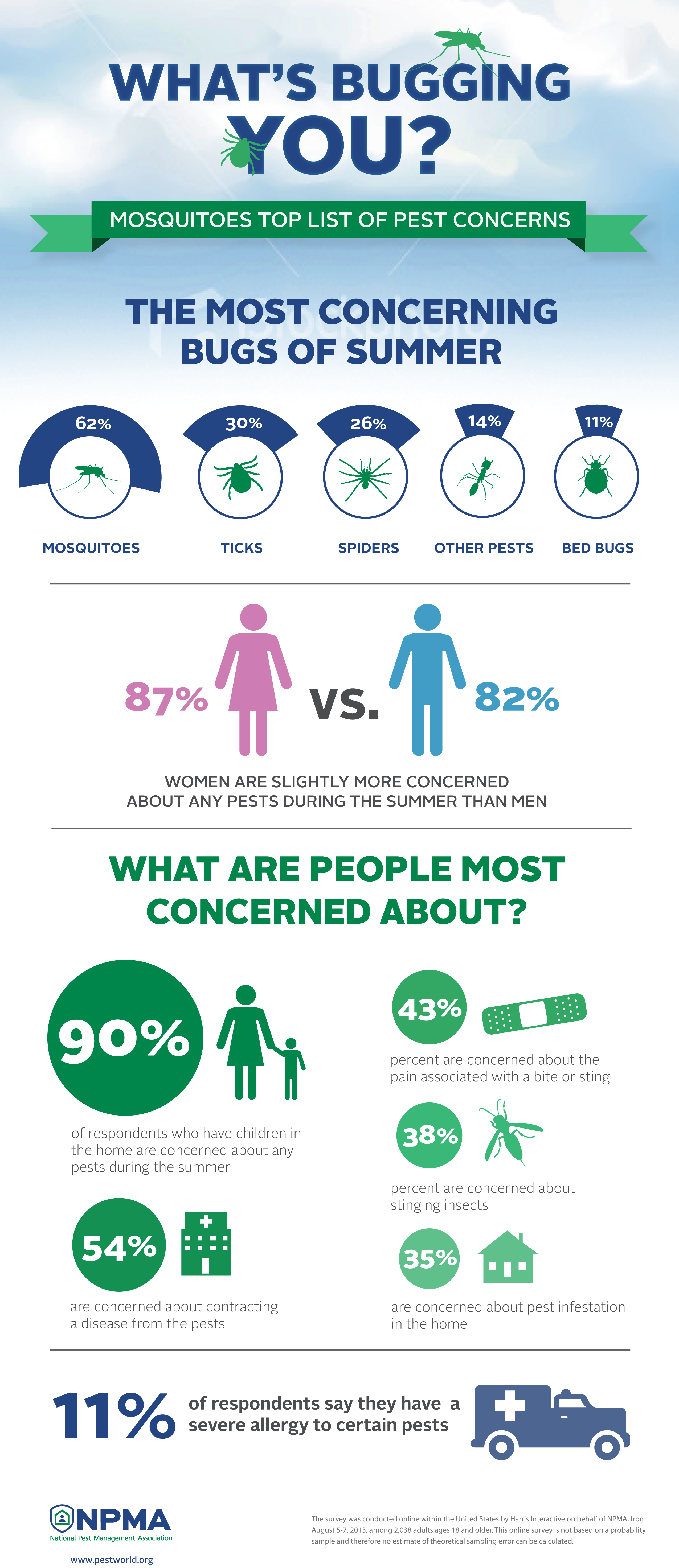Tips For Keeping Outside Parasites Far From Your Garden
Tips For Keeping Outside Parasites Far From Your Garden
Blog Article
https://how-to-remove-scratches-f96273.get-blogging.com/27054821/hidden-health-hazards-from-family-insects-might-exist-in-your-house-uncover-the-unusual-threats-that-could-be-neighboring -Lauritsen Hartvig
Visualize your yard as a refuge, an area of harmony and charm. However, the presence of outside insects can promptly interrupt this ideal photo. What happens if there were easy yet reliable ways to maintain these unwanted site visitors away and shield your garden sanctuary? By adhering to a few functional pointers and implementing natural methods, you can produce a harmonious outside room where your plants can grow uninterrupted.
Natural Parasite Deterrents
To maintain parasites away from your garden normally, plant fragrant natural herbs like mint and lavender. These great smelling plants not only add charm to your yard but additionally act as efficient insect deterrents. Bugs like mosquitoes, flies, and also some garden-damaging insects are driven away by the strong scents given off by these herbs. Merely putting them strategically around your garden can help create a natural barrier against unwanted bugs.
Along with mint and lavender, consider growing other herbs like rosemary, basil, and lemongrass to additionally enhance your yard's pest-proofing abilities. These natural herbs not just work as natural repellents however also have actually the included advantage of working in food preparation or crafting home made solutions.
Strategic Plant Positioning
Consider the format of your yard and the sorts of plants you need to purposefully position them for optimum pest-proofing efficiency.
Start by grouping plants with similar resistance to parasites with each other. By doing this, you can produce an all-natural barrier that deters bugs from spreading out throughout your yard.
In addition, placing pest-repelling plants like marigolds, lavender, or mint near more susceptible plants can help shield them. High plants, such as sunflowers or corn, can function as a guard for much shorter plants against bugs like bunnies or ground-dwelling insects.
Bear in mind to leave sufficient area in between plants to boost air circulation and lower the risk of conditions that pests may bring.
In addition, consider planting strong-smelling natural herbs like rosemary or basil near at risk plants to confuse insects' senses and make it harder for them to find their targets.
Reliable Parasite Control Techniques
For combating garden insects efficiently, applying a multi-faceted pest control approach is crucial. Begin by urging natural predators like birds, ladybugs, and praying mantises to help maintain parasite populations in check. Presenting plants that bring in these advantageous pests can assist in insect control. Furthermore, practicing excellent garden health by getting rid of particles and weeds where pests might hide can make your yard much less welcoming to unwanted visitors.
Take into consideration utilizing physical obstacles such as row cover fabrics or netting to secure vulnerable plants from bugs like caterpillars and birds. Using natural pesticides like neem oil or insecticidal soap can likewise work versus specific pests while being less unsafe to beneficial bugs and the environment. It's important to revolve your crops each period to stop the build-up of bug populaces that target particular plants.
Consistently inspect your plants for indicators of bug damages so you can act without delay. By integrating wasp pest control near me and remaining watchful, you can successfully regulate garden bugs and enjoy a growing, pest-free yard.
Final thought
So, there you have it - with the ideal methods, you can keep pesky outdoor insects far from your yard and aid your plants flourish.
Did you understand that planting mint has been revealed to push back insects and other pests, reducing the need for hazardous pesticides by as much as 60%?
By integrating natural deterrents and smart planting strategies, you can develop an attractive and pest-resistant garden oasis for you to appreciate.
